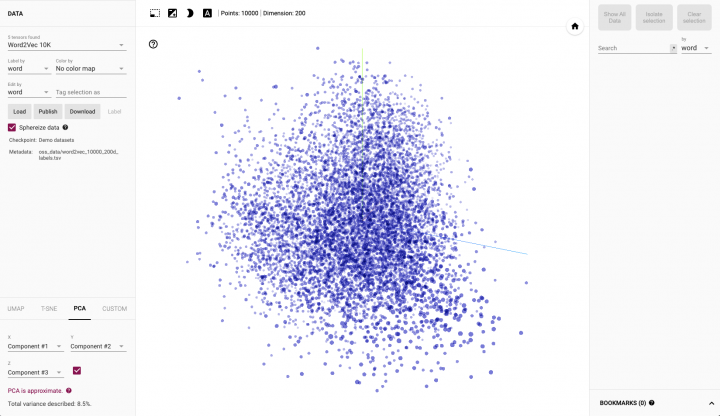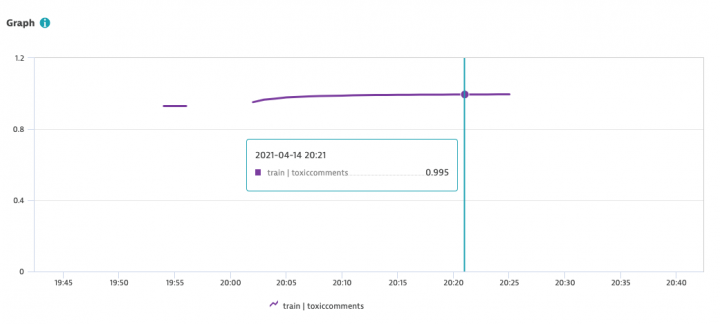Word embeddings within machine learning and artificial intelligence models are used to analyse the semantic similarity of words within texts and therefore to gain deeper knowledge during sentient text analysis and classification. Word embeddings represent pre-trained databases of a given vocabulary where each word comes with a unique numeric vector that represents its position within […]
Visualize Word Embeddings


